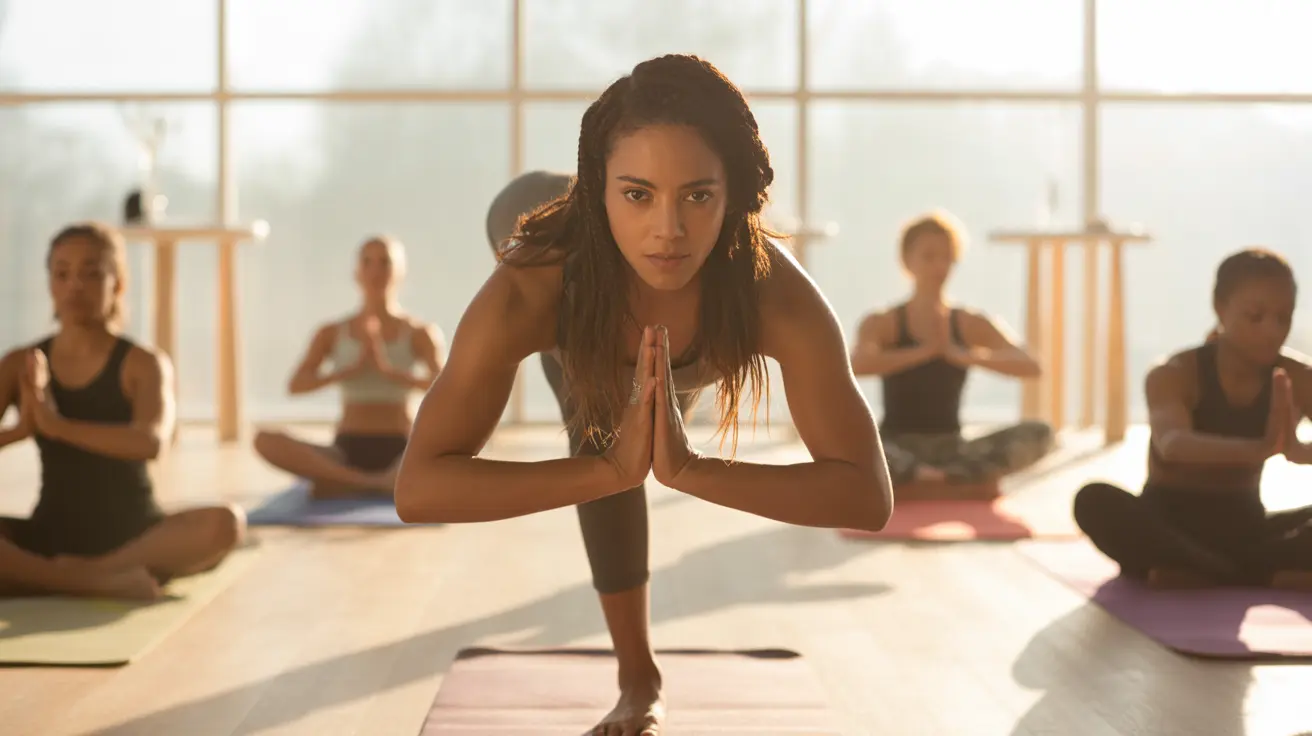If you're looking to enhance your fitness journey, you've likely encountered both yoga and Pilates as potential options. While these practices share some similarities, they offer distinct approaches to physical and mental wellness. Understanding their unique benefits can help you make an informed decision about which practice—or combination of both—best suits your health and fitness goals.
In this comprehensive guide, we'll explore the fundamental differences between yoga and Pilates, their specific benefits, and how each practice might align with your personal wellness objectives.
Core Differences Between Yoga and Pilates
While both practices focus on the mind-body connection, yoga and Pilates have distinct origins and approaches. Yoga, with its ancient roots in Indian philosophy, emphasizes spiritual wellness alongside physical practice. Pilates, developed in the early 20th century by Joseph Pilates, focuses primarily on core strength, precise movements, and rehabilitation.
Movement and Focus
Yoga incorporates flowing movements, static poses, and breath work, with an emphasis on flexibility and spiritual connection. Pilates concentrates on controlled, precise movements that target specific muscle groups, particularly the core, with a focus on building strength and improving posture.
Benefits of Yoga Practice
Yoga offers numerous advantages for both physical and mental well-being:
- Increased flexibility and joint mobility
- Enhanced stress reduction and relaxation
- Improved balance and coordination
- Better breath awareness and control
- Spiritual growth and mindfulness development
Advantages of Pilates Training
Pilates provides specific benefits that set it apart:
- Strong core development and stability
- Improved posture and alignment
- Enhanced muscle tone without bulk
- Better rehabilitation potential for injuries
- Increased body awareness and control
Equipment and Accessibility
Both practices offer options for different experience levels and settings. Yoga typically requires minimal equipment—usually just a mat and possibly some blocks or straps. Pilates can be practiced both on a mat (mat Pilates) or with specialized equipment like the Reformer, Cadillac, or Chair.
Making Your Choice
The best practice for you depends on your specific goals, fitness level, and preferences. Consider starting with yoga if you're seeking flexibility, stress relief, and spiritual connection. Choose Pilates if your primary goals are core strength, posture improvement, or injury rehabilitation.
Frequently Asked Questions
What is the main difference between yoga and pilates for health and fitness?
The main difference lies in their focus and approach. Yoga emphasizes flexibility, mindfulness, and spiritual connection through poses and breathing exercises, while Pilates focuses on core strength, precise controlled movements, and physical conditioning without spiritual elements.
Which is better for improving flexibility and stress relief—yoga or pilates?
Yoga generally offers more benefits for flexibility and stress relief due to its focus on deep stretching, meditation, and breathwork. However, Pilates can also contribute to flexibility through controlled movements and can reduce stress through focused exercise.
Can pilates help with back pain or injury recovery better than yoga?
Pilates is often preferred for back pain and injury recovery due to its precise focus on core strengthening and controlled movements. Its systematic approach to building strength and stability makes it particularly effective for rehabilitation purposes.
What are the key mental and physical benefits of combining yoga and pilates in my routine?
Combining both practices can provide comprehensive benefits: yoga's flexibility and stress-relief aspects complement Pilates' core-strengthening and posture-improvement focus. This combination offers a well-rounded approach to physical and mental wellness.
Do I need special equipment to start pilates, or can I do it at home like yoga?
You can start Pilates at home with just a mat, similar to yoga. While specialized equipment like Reformers can enhance your practice, many effective Pilates exercises can be performed using body weight alone or simple props like small balls or resistance bands.




